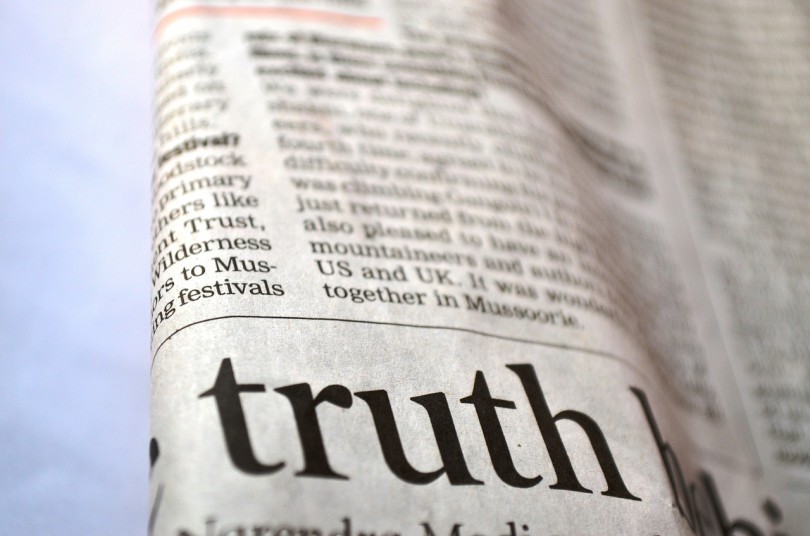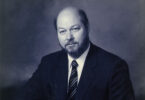Response to PRWeek Article: ‘We are professional manipulators’ – PR pros, are we lying to ourselves?
Statements that seem to imply that lying is a natural part of the public relations profession as reported in a study presented at the 23rd International Public Relations Research Symposium, BledCom, in Slovenia, are indeed troubling. However, as Dr. Shannon Bowen says in this PR Week article, “Perhaps most comms executives don’t think this way,” and I believe I can provide evidence to support that view.
My experience conducting a study with 30 senior executives on public relations’ role as an ethical conscience, with Dr. Minette Drumwright in 2010, suggests that these reported views are far from the norm.
Twenty-five of the professionals in our study resided in one of 10 U.S. states, and five of the informants lived in Australia. Two discussed their experiences working in Europe and Asia. In our study, published in the Journal of Mass Media Ethics, we found senior public relations executives who would never compromise in order to protect their most valued asset, their personal reputation.
As one said, “I can’t afford to lose my credibility… As PR professionals, it’s all we have. And if I lose my credibility here, it’s not like [I] can just go start over with someone else, somewhere else. Credibility is something that you can’t afford to lose” (P. 225).
In fact, several of the participants provided specific examples of times when they did stand up for ethical public relations. While some were successful at persuading more senior leaders to accept their counsel, others resigned, or faced demotion or termination.
When one executive was asked to place false information in a news release, she refused and offered ethical alternatives. She said, “I gave her four different choices. You know, let’s reword the press release, let’s leave out the information that she perceived was damaging, although, I didn’t perceive it that way, but anyway, a number of choices. And those weren’t, I mean she wanted to issue it that way, because she wanted to basically to lie to position the company within that industry.” After her advice was not accepted, she resigned.
Another participant said he refused to lie to the media as the official spokesperson in a higher education setting. He said, “He (university official) asked me to lie a couple of times to the Associated Press, which I refused to do.” The public relations executive said he was eventually demoted.
Fortunately, others had developed a valued counselor role with senior leadership where their advice was welcomed. As another executive said, “I think that our relationship is good, and part of that is that he [the CEO] can count on me to not always agree with him—raise issues before it becomes a problem.”
I share these examples as evidence that indeed practitioners are willing to stand up for ethical practices in public relations and as a reminder that we must preserve our credibility and reputation in order to perform our job effectively.
As one of the executives said, “I’m a firm believer in the theory that the truth will come out sooner or later. It may take a week, it may take six months, it may take five years, but if you don’t tell the truth, sooner or later you realize it’s going to come out.”
Dr. Marlene S. Neill is an assistant professor at the Baylor University in the Department of Journalism, Public Relations & New Media. Her research focuses on public relations management, ethics and integrated communication. She has published research in the Journal of Mass Media Ethics, Public Relations Review and the Journal of Communication Management. She is a member of the PRSA Board of Ethics & Professional Standards.








Unfortunately, this points to a different credibility concern.
Ronel Rensburg—who appears to be an otherwise respected academic in her field— interviewed only 20 people in an entire country (South Africa). So her topic and research was not a real study of any statistical or scientific merit, even if she picked out professionals of influence. It’s just a tiny sample. Fodder for crafting a real study and carrying it out to flesh it out and see actualities? Yes.
Then Shannon Bowen, PhD, another otherwise respected and well-meaning academic in her field, attended a conference where the information was discussed, and wrote a piece for PR Week about it, including extra comments from some attendees. Ms. Bowen concluded that “One wonders about the ethics of all PR professionals when hearing such stunning – but common – sentiments” and that “These are key questions to address as communications strives for acceptance as a profession.”
And while she states, “It is true that Rensburg’s study is with a small sample of executives,” she then says, “But, what if these PR pros, in their brutal honesty, revealed what many feared all along about the profession?”
So in short, we have the following:
– A non-actual study, offering perhaps rationale for a real study some day if a researcher wanted to carry it out.
– A follow-up blog based on hyperbole, misreading of a non-study, and a nonsensical argument.
– The publishing online of the piece by a brand that considers itself “the essential title for PR professionals in the US.”
– A follow-up to the follow-up here.
I know all parties meant well. But it does point to a different worry, for the reasons stated above.
As a PR educator, I teach my students that they as practitioners are a brand. They must think about the way they present themselves on social media (witness the very public implosion of careers on Twitter and the aftermath as documented in the New York Times http://www.nytimes.com/2015/02/15/magazine/how-one-stupid-tweet-ruined-justine-saccos-life.html?_r=0) because their reputations directly impact their credibility. And their credibility directly impacts the credibility of their organizations and their ability to serve as reliable sources of information for journalists and others in search of information.
While helping to clear out old bookshelves recently, I came across a book copyrighted 1954 titled “How to Lie with Statistics.” Although it may have been true at one time that PR practitioners routinely used these types of tactics, I agree with you that isn’t the case now. The internet is too fast – lies catch up with you too quickly, and resorting to them ultimately gets you nowhere.
http://msupr.wordpress.com